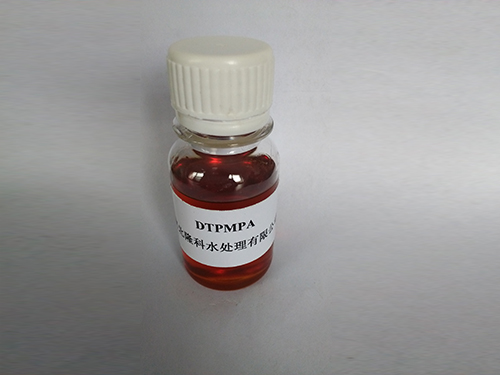Innovative Solutions for Wastewater Treatment Using Advanced Industrial Flocculant Technologies for Enhanced Performance
The Role of Industrial Flocculants in Water Treatment Processes
In today's rapidly industrializing world, effective water management is crucial to maintaining environmental sustainability and public health. One of the key technologies employed in water treatment is the use of flocculants—substances that promote the clumping of particles in liquids. This article explores the significant role of industrial flocculants in water treatment processes, their mechanisms, applications, and benefits.
What Are Flocculants?
Flocculants are chemical agents that assist in the aggregation of suspended particles in water, forming larger clusters known as flocs. These flocs can then be removed more easily from water through sedimentation or filtration. Flocculants are widely used in various industries, including wastewater treatment, mining, paper manufacturing, and food processing.
Mechanism of Action
The effectiveness of flocculants lies in their chemical properties. They can be categorized into organic and inorganic flocculants. Organic flocculants, such as polyacrylamides, are commonly used due to their high efficiency and low dosages. These agents have a high molecular weight and anionic or cationic charge that allows them to neutralize the charge of suspended particles, promoting aggregation.
During the treatment process, flocculants are added to water or wastewater. When mixed, they interact with the particles, causing them to collide and stick together. This mechanical action transforms the tiny, dispersed particles into larger aggregates that can settle at the bottom of treatment tanks or be separated through filtration.
Applications in Water Treatment
Industrial flocculants are employed in various water treatment applications
1. Municipal Wastewater Treatment In municipal plants, flocculants enhance the removal of solids from wastewater, improving water clarity and reducing pollutants. This leads to cleaner effluents being released into natural water bodies.
2. Industrial Wastewater Management Industries generate effluents containing toxic substances and heavy metals. Flocculants help in the treatment of these effluents, allowing for the efficient removal of harmful components before disposal.
industrial flocculant

3. Drinking Water Purification In drinking water treatment facilities, flocculants are vital for removing turbidity and harmful microorganisms. This ensures that the water meets safety standards for consumption.
Benefits of Using Flocculants
The use of industrial flocculants offers numerous benefits
- Improved Water Quality By efficiently aggregating and removing contaminants, flocculants contribute to the production of high-quality water suitable for various uses.
- Cost-Effective Solutions The use of flocculants can lead to reduced operational costs in water treatment processes by minimizing the need for extensive physical treatment methods.
- Environmental Protection Effective flocculation processes prevent the release of untreated or inadequately treated wastewater into the environment, helping to protect ecosystems and human health.
- Resource Recovery In some cases, the aggregation of suspended particles can facilitate the recovery of valuable resources, such as metals or other raw materials, contributing to a circular economy.
Conclusion
Industrial flocculants play a pivotal role in modern water treatment processes across various sectors. Their ability to enhance the removal of suspended particles significantly improves water quality, supports environmental sustainability, and promotes public health. As industries continue to confront increasingly stringent regulations and public expectations for cleaner water, the reliance on effective flocculation technologies will only grow. This highlights the importance of ongoing research and development in the field of industrial flocculants to ensure efficient, safe, and environmentally friendly water treatment practices.
-
Water Treatment with Flocculant Water TreatmentNewsJun.12,2025
-
Polymaleic AnhydrideNewsJun.12,2025
-
Polyaspartic AcidNewsJun.12,2025
-
Enhance Industrial Processes with IsothiazolinonesNewsJun.12,2025
-
Enhance Industrial Processes with PBTCA SolutionsNewsJun.12,2025
-
Dodecyldimethylbenzylammonium Chloride SolutionsNewsJun.12,2025





